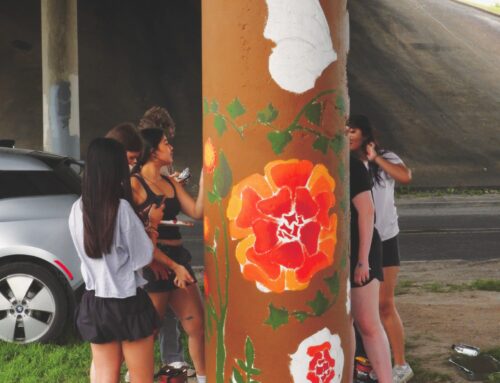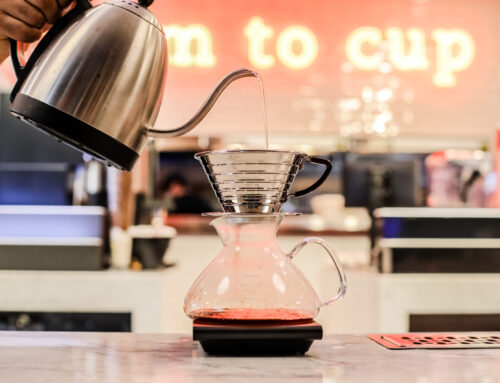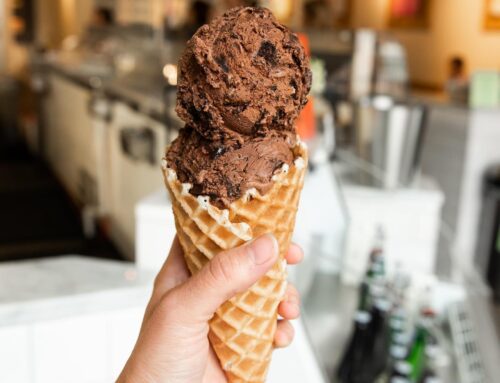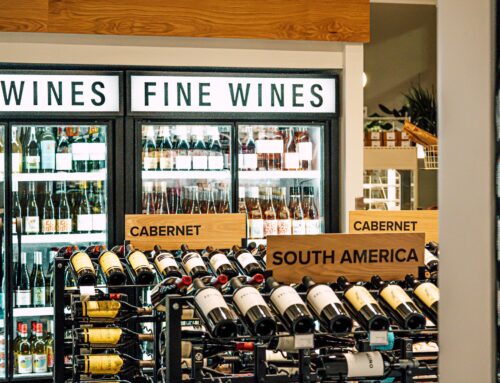Extracting essence and balancing books all in a day’s work for these students
Maria Montessori believes adolescents should learn to live off the land, cultivating the soil and marketing products in their hometowns.
This was easier in early-1900s Europe, where Montessori developed her schools, than it is today in the urban setting in which White Rock Montessori middle school students find themselves. But the seventh- and eighth-graders have still managed to build their own business.
MS Garden Gifts was implemented four years ago as a way to teach students about commerce. It’s a soap-making venture, and 20 students oversee the process from start to finish — growing and pressing herbs, pouring glycerin, packaging bars, even advertising and tracking finances. Just like a real business, each student is assigned a task to ensure the product’s success.
It all starts in the school’s garden, where lavender, roses, Queen Anne’s Lace, rosemary and three types of mint flourish. The garden committee picks and presses these herbs and petals, then hands them over to the manufacturing committee. These students chop up blocks of glycerin, melt it down, and pour it into molds with Chinese symbols identifying the four types of soap — love, tranquility, energy and happiness.
“Happiness smells like lemon mint,” says seventh-grader Sydni Davis.
Scented soaps are new to the MS Garden Gifts product line. The bars have always contained petals, leaves and herbs that make them eye-pleasing, but producing aromatic soap is a little more complicated. The school hired a chemist from a soap-manufacturing company to show the students how.
“We crush up herbs and extract the essence. It’s very scientific — you’ve got to have the right measurements,” says seventh-grader Rebecca Stimson. “It smells really pretty once it’s done.”
Then the soap is packaged in wax paper — “so it doesn’t sweat,” one boy says — and wrapped with a label designed by a former student who went on to the Dallas arts magnet. The bars are sold to parents in the school’s car pool line, but the students are running out of customers.
“We kind-of saturated the White Rock Montessori market,” says middle school teacher Dianne Williams. “Unless they’re parents of 3-year-olds, they have about 100 bars of soap at home.”
The soaps are also sold on the shelves of Green Living in Lakewood Shopping Center, and the students negotiating with other neighborhood businesses. Thinking of new ways to approach the market is one lesson they learned this year.
Another was learning how to follow-up on product orders. Sometimes the glycerin and other supplies weren’t shipped on time, and the students formed a procurement committee simply to handle these glitches. The finance committee also learned what to look for in a bank when it discovered that deposit fees were eating away at profits.
Last year the students pocketed roughly $36 apiece from MS Garden Gifts. They each invest $1 into the business and sell the soaps for $3 to $4 per bar.
That’s the best part of the business, says seventh-grader Chloe Sturges — “people buy stuff that we make.”





